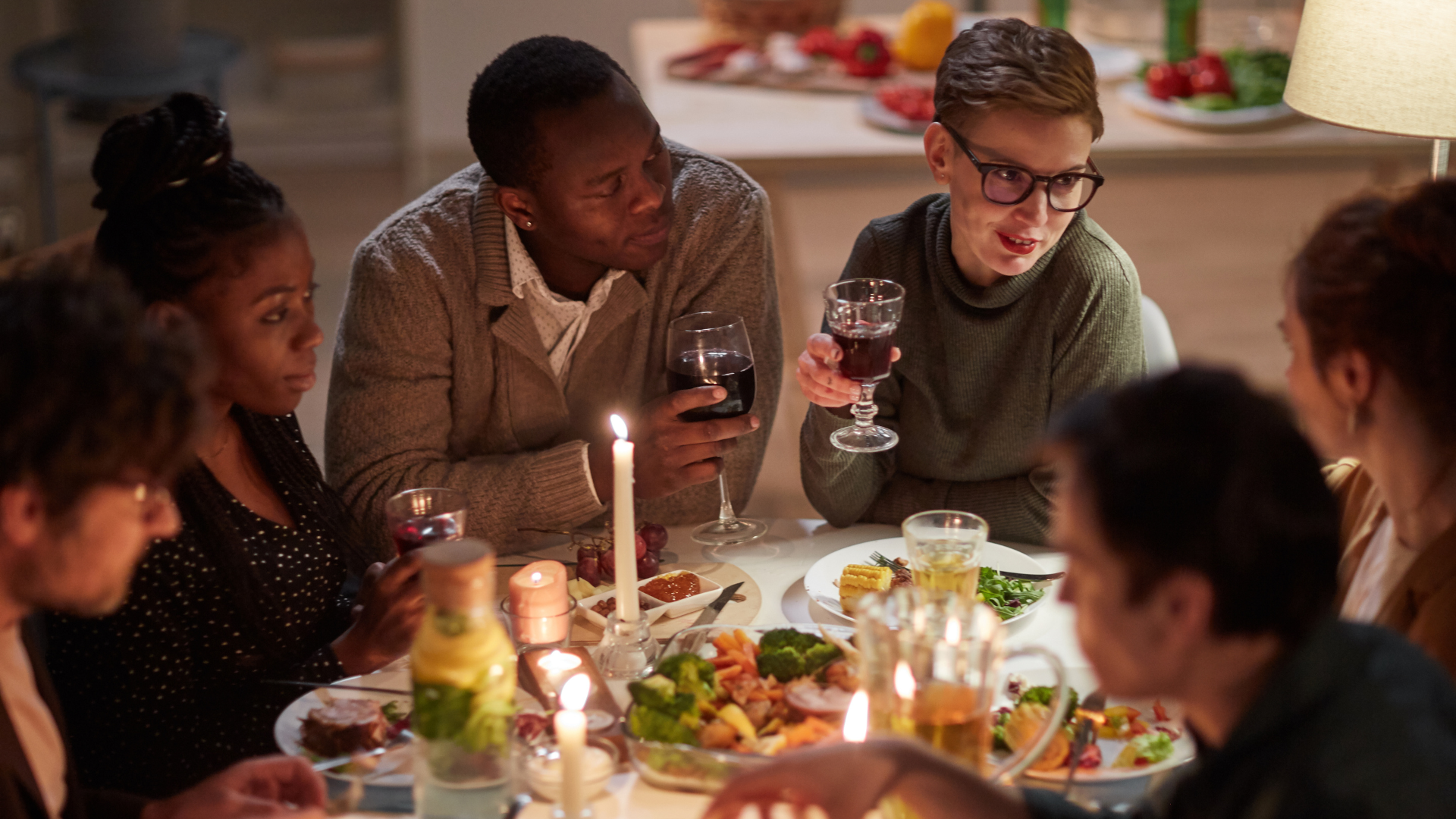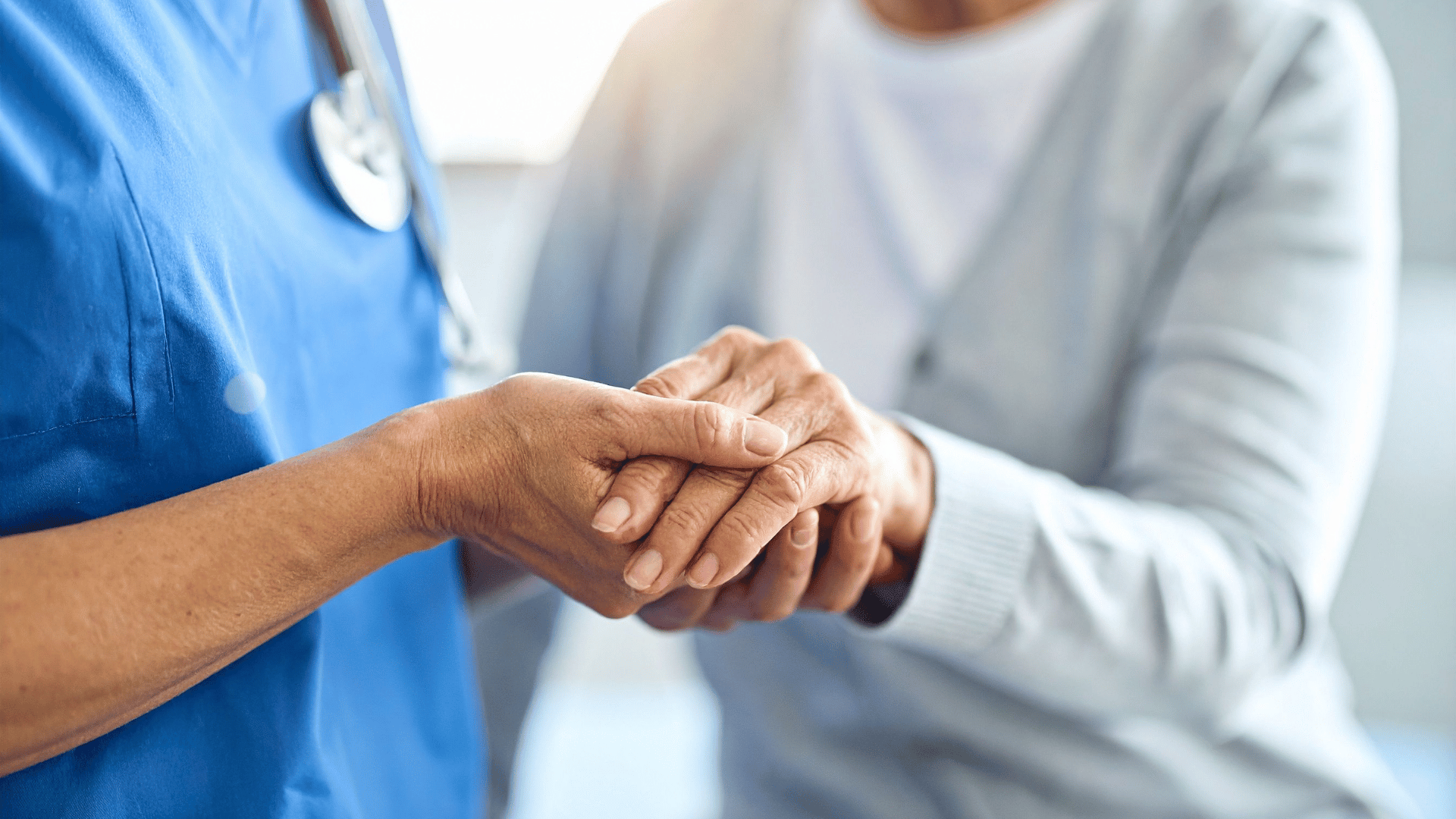We sat down with Julien (he/him), the Support Services Coordinator at Project 10, a 2SLGBTQ+ youth center in Montreal. Julien plays a crucial role in providing support, active listening services, and general guidance to participants navigating various aspects of their lives, from accessing mental health services to undergoing medical transitioning. With a strong focus on harm reduction, youth empowerment, and non-judgment, Project 10 strives to create a safer and more welcoming world for LGBTQ+ youth. Join us as Julien shares insights into the importance of safe(r) spaces, the difference between queer-friendly and queer-affirming care, and the positive impact that Project 10 has on the lives of its participants.
Disclosure: The written version of this interview has been edited slightly to include guiding questions for the reader based on our casual conversation. All answers are direct quotes from Julien, but may be reorganized from the filmed interview below.
Can you tell us more about Project 10 and how you support your community?
We are a 2SLGBTQ+ youth center for 14 to 25 year olds. We focus our approach on harm reduction, youth empowerment non-judgment, and we want to essentially provide a space for youth where they can feel empowered and as it says in our mandate, become leaders in their own communities.
We help participants with active listening services, accompaniments, and general support navigating different bureaucracies, especially things related to medically transitioning or accessing mental health services. We also assist people with name and gender marker changes because I’m a commissioner of oaths.
There’s some participants that want to know information from older, queer and trans people, which they can find pretty difficult to access. Especially folks who have a general lack of community and are isolated, which is one of the biggest issues that 2SLGBTQ+ youth face.
There’s a lot connected with isolation and like the need to connect and all those things. So that is definitely one of the purposes that Project 10 serves as well, is to break isolation.
We’ve been around for over 30 years, and our roots came from a project of one social worker within the DPJ who intended to create a space for lesbian and gay youth to talk and share. From there, we expanded to include bisexual people and then trans people. One of our first programs specifically for trans youth was a support group for those dealing with suicidal ideation. So that’s really where our roots are and we’ve just kind of been growing and growing from there. And now we are here (10138 Rue Lajeunesse) in this really cool space. And we went from having three staff, to being like 11 or 12. It’s really amazing, and now we have so many more programs.
What makes Project 10 a safe(r) space for queer youth?
We do use the term ‘safer space’ here. So we put a parentheses with the R at the end. So safe, safe(r) space where what we’re kind of expressing through that is that like, yes, this is a very special and sacred space where people can come from a lot of different experiences and meet and connect and know that regardless of all those different experiences, we have certain understandings here in this space as well. But it’s just, we kind of add that r there to reinforce that. We can’t fully confirm that it’s gonna be 100% the safest space of all time, 100% of the time. So it’s kind of like our little disclaimer of being like, yes, it is gonna be different.
Consent is a really big part of the way that we work here. Well it’s something we value very, very much here. Here, if somebody’s taking a photo and somebody else is in the background, we ask them if they’re comfortable being in it. If we want to give somebody a compliment, we also ask them if they’re comfortable receiving a compliment. If we want to hug someone, same thing, right?
But there are still definitely things that happen here where people are having those learning experiences, you know, being like, oh, you know, I’m in the community, but there are a lot of identities that I don’t know about very well. We welcome folks who are learning and identifying in those ways. So, don’t feel worried about coming here and making mistakes. You are gonna be corrected in a welcoming and loving way. So yeah, I think that the fact that we are welcoming of people who are still learning and stuff is us wanting to make this a safer space. Knowing that everybody of different kinds of knowledge levels are welcome. Like, it’s okay if you don’t know about pronouns. Those questions are really welcome here.
I hear from the participants that they say this is a space where they feel comfortable using new names and pronouns for the first time, testing them out maybe next week using different names and pronouns here. But this being really the place where you can try it out. People also come here and feel comfortable dressing the way that they’re comfortable. You know, holding hands with the person that they wanna hold hands with talking openly about like different parts of their sexuality.
The experiences of the participants here really showed me and reinforced that [this space] makes a huge difference to some people. The moment that they get into this space, they feel like a weight is lifted off their shoulders. They feel like they can eat at our free kitchen, they can sit down, they can be on their phones, they can kind of be unbothered. Sometimes people take a nap. And I feel like that’s a really nice sign that people are feeling comfortable. Same for eating. We put a lot of the energy into this space so that when youth get here, they feel like, oh, this is here for me.
What is the difference between queer-friendly and queer-affirming care, and why is the latter so crucial for LGBTQ+ youth?
There’s definitely a difference between queer-friendly and queer-affirming you know, being familiar with frequently faced issues in the queer community. Things like suicidal ideations, self-harm, eating disorders. You know, they all touch folks more proportionately in the queer community. Especially trans folks.
So I think those things are really relevant to know. If you are seeing a mental health professional who makes you feel like you can’t bring your full self there, you can’t show up with your whole self, I think that’s problematic. But there are definitely some really amazing mental health professionals in the community who we refer participants to, who have these great connections with and who will take participants more quickly for things like gender affirming care letters and who will offer participants potentially like a lowered rate or things like that.
I also do feedback sessions with participants after they speak to some of these social workers and therapists. And, you know, frequently shared feedback is just that it feels so incredible to be validated, to be seen like fully, to not have to explain ourselves or to do education with a mental health professional, which is also something that happens a lot of the time, obviously, where they’re like, well, why don’t you explain to me what it means to me?
We can never undervalue the immense importance of relevant mental health care for 2SLGBTQ+ youth. That, combined with a supportive environment, supportive families and/or chosen families are really like what supports people in the community. It’s proven that those are the things that give people that stability to get to grow up and be queer adults and continue the cycle.
I saw a quote the other day from a mom of a trans kid who said [after people criticized her for supporting her child’s pronoun change] ‘I would rather have to change my kid’s pronouns a thousand times, then write her obituary.’ And I was like, dang, you know, that really is what it’s about. And I really hope that P10 can be a space where people can change their pronouns, can mix it up, that they feel like there’s not that pressure on them and that they can feel comfortable reaching out.
And it’s not always because they’re having a really rough time. Since we have the new space, youth are coming more for fun times too. There is a positive impact, they’re excited for their futures.
Our goal is in the future to not have to exist, because society will just be that welcoming to 2SLGBTQ+ youth. But for now, we are here to stay.
__________
Project 10 is much more than just a 2SLGBTQ+ youth center; it’s a space where young individuals can experience empowerment, growth, and acceptance. By connecting participants with queer-affirming mental health professionals and providing resources for self-discovery and growth, Project 10 strives to create a world where LGBTQ+ youth no longer face isolation or struggle to access the care they need. They aim to continue representing a safe space where young individuals can freely express their gender identity and receive the validation they deserve.
This month is Pride Month in Montreal, and P10 will be in attendance, hosting multiple activities as well as walking the Pride Parade. If you’re an 2SLGBTQ+ youth between 14-25, they also have their Summer Camp this month as well with limited spots open. For more information about Summer with P10, and to learn more about their amazing organization, visit their website, and follow them on social on Facebook and Instagram.
A HUGE thank you again to Julien for sitting down with us in the P10 space!
Watch the full interview below.



